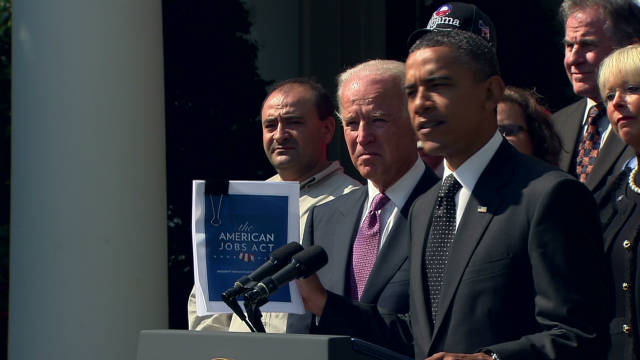
Lion who?
If you have never heard of Lion Air, you're not alone. Unless you speak Bahasa Indonesia and have traveled around the vast array of islands that make up the world's most populous Muslim nation, there is no reason why you should have.
With U.S. President Barack Obama watching on the sidelines of the ASEAN (Association of Southeast Asian Nations) economic summit in Bali, Lion Air signed a deal for 230 Boeing planes totaling $21.7 billion, with the first delivery in 2017 -- part of the airline's plan to buy 408 new planes at $37.7 billion, Lion Air CEO Rusdy Kirana told CNN.
"From east to west, Indonesia spans 5,000 miles and we have 230 million (people) and not enough aircraft to meet the growth of the number of passengers," Kirana said.
Right now, the airline has only a few routes that take it out of Indonesia to Southeast Asian neighbors Singapore, Malaysia and Vietnam. The airline plans to use the new fleet to both expand routes among the 6,000 inhabited islands in Indonesia as well as new routes to Japan, South Korea, China and Taiwan.
While the developed world has been pummeled with recession, stagnant growth and rising debt burdens in the wake of the 2007-2008 Financial Crisis, developing powerhouses like Indonesia have continued to rise.
Indonesia's economic output was $706.6 billion in 2010, up from just $95.4 billion in 1998 when the nation was embroiled in the Asian Financial Crisis, which led to the end of the longtime dictatorship of Indonesian President Suharto. His departure led the way for economic and political reform in the world's fourth most populous nation.
The soaring fortunes of Indonesia echoes the number of Indonesians taking to the skies -- this year, the numbers traveling by air within the country is expected to rise 15%, the Indonesian Transportation Ministry said.
"As Indonesia's middle class increases in number, more and more people will be traveling throughout the archipelago," said Indonesian Foreign Minister Marty Natalegawa. "And the easiest way to travel is air transport, and so that why I think the projection ahead will be quite promising, and offer many opportunities for many."
For Obama, the record deal helped him underline a message he's echoed during his Asian trip: That strong economic ties with Asia creates jobs at home.
"For the last several days, I've been talking about how we have to make sure that we've got a presence in this region, that it can result directly in jobs at home," Obama said in a statement. "And what we see here -- a multibillion-dollar deal between Lion Air -- one of the fastest-growing airlines not just in the region, but in the world -- and Boeing is going to result in over 100,000 jobs back in the United States of America, over a long period of time."
When asked why Lion Air chose Boeing over arch rival, French-made Airbus, CEO Kirana told CNN: "There's not much difference between Airbus and Boeing. It's like a person choosing what to eat. you just prefer one dish over another."
Executives at Boeing are no doubt pleased the Indonesian airline prefers to supper in Seattle rather than dine in France. And as fortunes rise on the archipelago, many more western companies will try to find a place at Indonesia's table.





